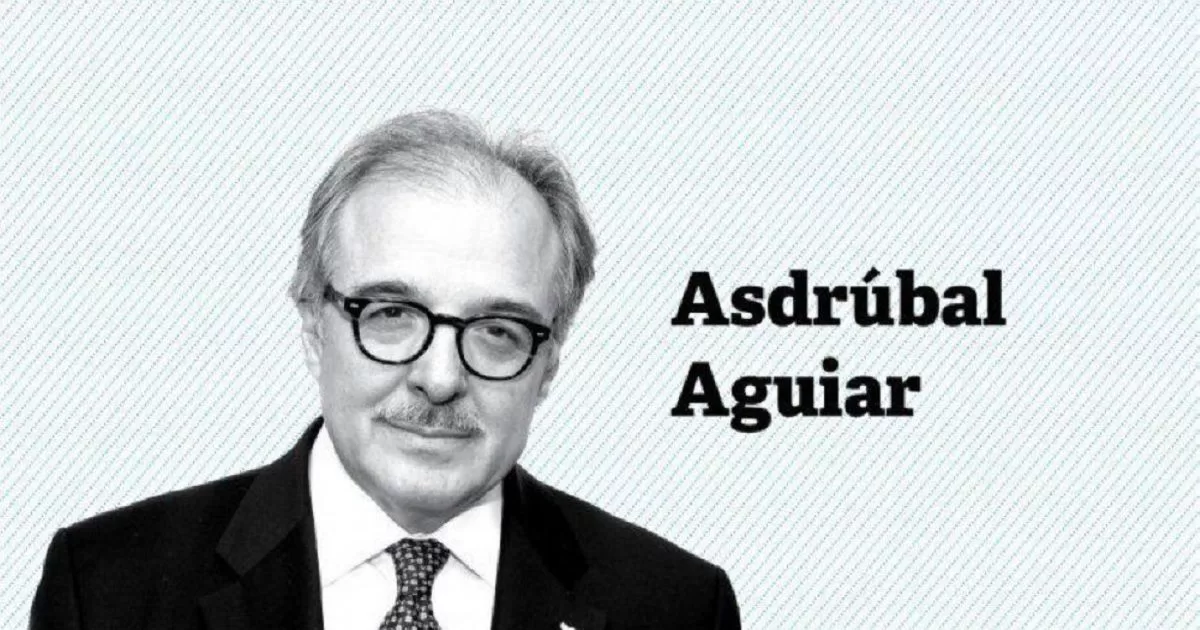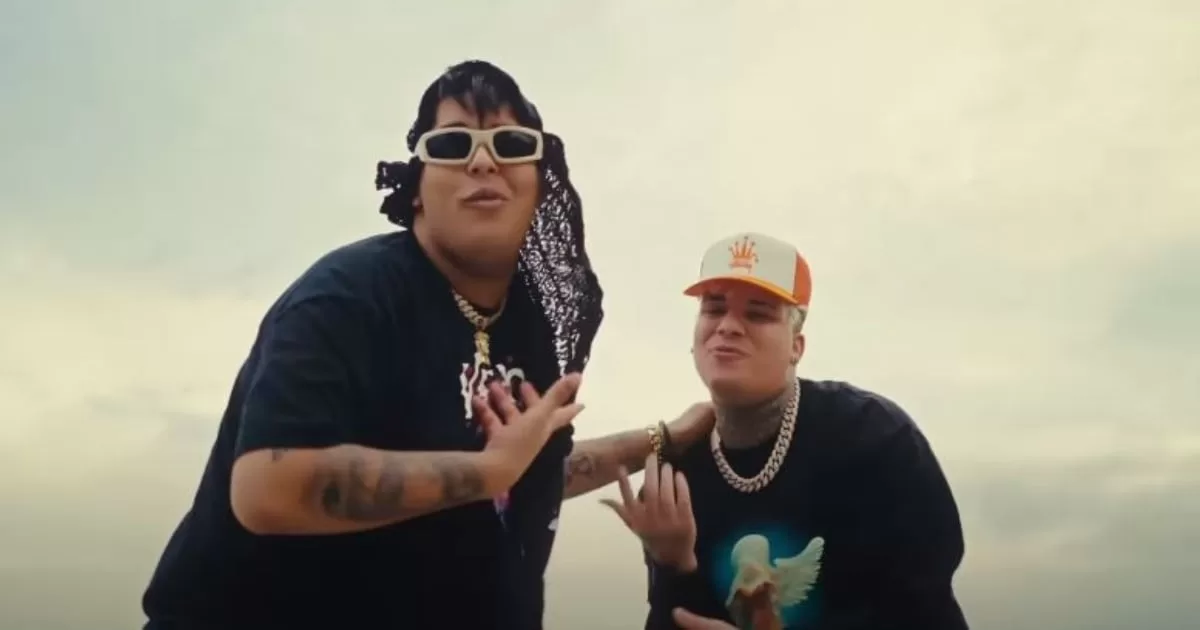We Venezuelans come from the future. Seeing and observing what, beyond the incidents, is brewing in the background and moving the tectonic plates of a Gramscian-style Marxist revisionism aimed at destroying the roots of democracies on the Continent, distresses us, for what has been said. We come from the future and yesterday, naively, we affirmed that Venezuela was not Cuba. We have already spent almost three decades, under the tutelage of Havana and the Colombian guerrillas, which are destructive – they do not say what will happen after the destruction, observed Joseph Ratzinger looking at the Russian communists and their fallacies – although today these respond to another methodology or strategy more in line with the advice of the Italian intellectual who separates himself from Marxist Jacobinism.
Regarding the formula, Antonio Gramsci proposes discursive ambiguity, namely, not attacking democracy but exacerbating it until it bursts in its nature and from within – radicalization of democracy, democratic deepening, radical democratic reform, are the examples – in order to empty it of strict content; “a semantic camouflage,” JP Arosena remembers, to, on it, pave the authoritarian government.
What was the Venezuelan strategy, which I see repeated in Colombia: a) Control of the judges, so that they make the law say what it does not say and rule in favor of revolutionary progressivism of the 21st century, in emulation of the old Mussolinian fascism; b) divide the military and police forces, disrupting their institutional pyramid, standardizing subordinates with superiors, assigning them tasks other than their own to corrupt them with the management of the economy and services, ultimately, without discipline or institutional subordination possible, castrate any reaction of his that endangers the dictatorship; In short, c) move towards a communicational hegemony, which allows the installation of deconstructive narratives of the political, social and cultural. And this is, in the end, the most important thing.
The real power in the 21st century is that of information and its instant placement. Hence, in Venezuela, Hugo Chávez never really took care of persecuting traditional parties and politicians. He knew, as well as the opinion – which he conditions by making him see that these are responsible for the present frustrations – that both of them – the caste, as Milei and Bukele call it – are a “Jurassic Park.” Old, Jorge Rodríguez describes them from Caracas.
The media, the networks, the opinion, here yes, are the crown jewels in the global society of digital governance. Hence, the tactic designed to subdue editors and journalists, thus the traditional press, radio and television, has been, first of all, to disqualify journalists as employees of exploiters; create content censorship laws – for “democratizing” purposes – and for the State to progressively take over the radio spectrum; judicialize the editors, hitting them from the sides with the fiscal apparatus and confiscating the economic sources at their disposal – control of paper and supplies, trials for money laundering, purchases by controlled “third parties” of the medium that inconveniences; seeding of robots for surveillance and crashing of messages within networks; At the end, trials for slander against the State, its institutions and officials, with confiscatory property sanctions and the announcement – made by Diosdado Cabello in Venezuela – that such money will be used for social and charitable purposes.
Venezuela does not have real and effective freedom of expression, which is the backbone of the experience of democracy; and if someone says or thinks or exercises their right to reply, their communication capacity is now proportionally inverse to the hegemony established by the despotic State. There is no independent press left standing and the portals do not find those who dare to finance them or offer them advertising, or they have become, with divided audiences, instruments for political dialogue between the deaf or the exercise of digital narcissism, or they self-censor.
That the president of Colombia, Gustavo Petro, sues the former Colombian president, Andrés Pastrana, for an issue – the links with drug trafficking and its financing – that those who uncover it are his closest collaborators, Laura Sarabia, his chief of staff, and the ambassador in Caracas, Armando Benedetti, dragging Petro’s own son, is not what is relevant. Some will see it as a matter of Pastrana, for showing off and shooting from the hip, to support his opposition fight. But they ignore what is extremely serious and could lead Colombia to the shadow of Venezuelan hell. Nobody is saved.
The teaching of the Inter-American Court of Human Rights – which benefited the disqualified ruler of New Granada and who remains silent after the disqualification of María Corina Machado by her Venezuelan counterpart – should be read carefully by politicians and journalists, before it is too late: Freedom of expression “must not only be guaranteed with respect to the dissemination of information or ideas that are received favorably or considered harmless or indifferent, but also with regard to those that offend, are unpleasant or disturb the State or any sector of society.” the population. Such are the demands of pluralism, tolerance and the spirit of openness, without which there is no democratic society. (…)”.
“Without effective freedom of expression, materialized in all its terms, democracy fades, pluralism and tolerance begin to break down, citizen control and complaint mechanisms begin to become inoperative and, ultimately, fertile ground is created. so that authoritarian systems take root in society,” states the same Court in the Canese and Herrera Ulloa Cases, in 2004.
Neither Petro nor the Colombian press nor its politicians should forget, in short, that when every citizen points out, accuses, denounces, as the jurisprudence of the same Court says in the Mariripán Case against Colombia, of 2005, “the effective search of the truth belongs to the State.” His leadership, by the way, is exercised by the complainant president.


